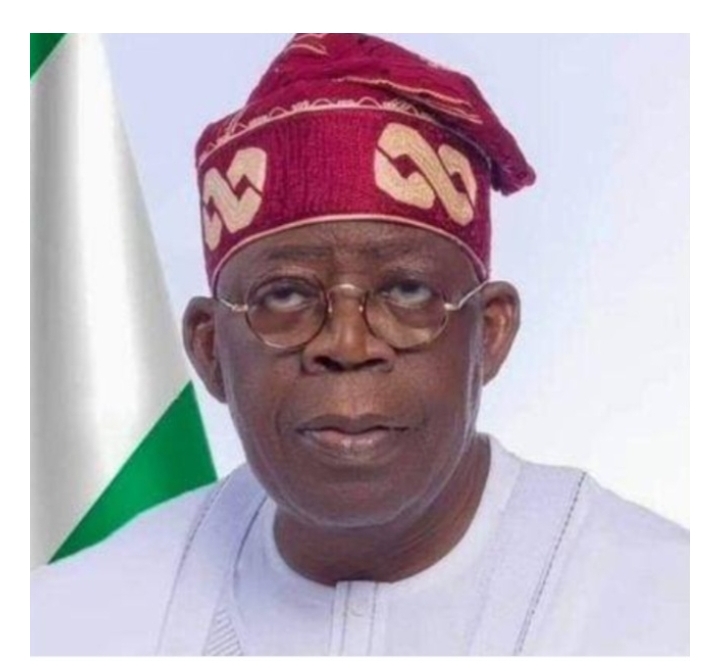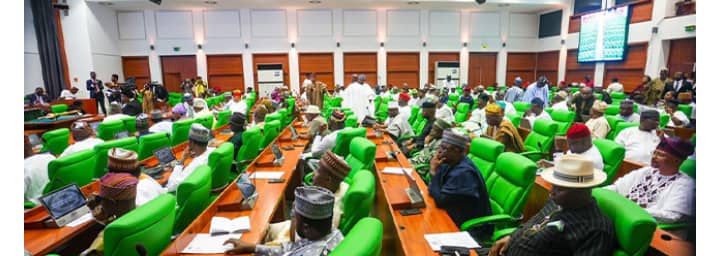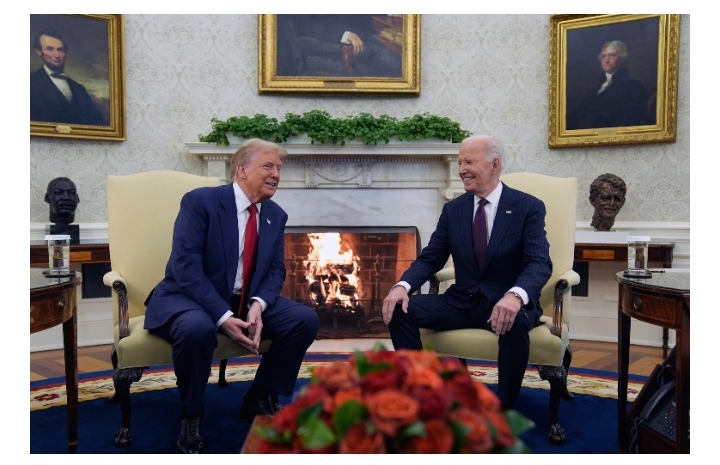Nigeria’s Growing Debt Crisis: Tinubu Seeks Approval for N1.77 Trillion External Loan Amid Soaring Borrowing Costs
In a move to address the nation’s mounting fiscal challenges, President Bola Tinubu has formally requested approval from the National Assembly for an additional N1.77 trillion in external borrowing. This loan, if approved, will be used to help bridge the N9.7 trillion budget deficit in Nigeria’s 2024 appropriation plan.
The president’s request was presented to the National Assembly during a plenary session earlier this week. Alongside this, Tinubu also submitted key documents, including the Medium-Term Expenditure Framework (MTEF) and the 2025-2027 Fiscal Strategy Paper (FSP), as well as a bill to amend the National Social Investment Programme (NSIP) to ensure the social register becomes the primary tool for implementing welfare initiatives.
Soaring Debt Servicing Costs
This new borrowing proposal comes at a time when Nigeria’s foreign debt servicing is surging. Data from the Central Bank of Nigeria (CBN) reveals that the country spent a staggering $3.58 billion servicing its foreign debt in the first nine months of 2024, marking a 39.77% increase compared to the same period in 2023.
The CBN’s report highlights significant monthly fluctuations in debt servicing costs, with May 2024 recording the highest single-month expenditure of $854.37 million—more than double the amount spent in May 2023. January saw the most dramatic rise, with debt servicing costs surging by nearly 400%, from $112 million in 2023 to $560 million this year.
This sharp rise in debt obligations is further exacerbated by the depreciation of the naira, increasing the cost of servicing foreign loans in local currency. With the nation’s foreign debt rising and the naira’s continued devaluation, Nigeria’s financial situation remains under growing strain.
State Governments Face Financial Struggles
At the subnational level, Nigeria’s 36 states are also grappling with ballooning debt figures. As of June 2024, the combined debt of all states and the Federal Capital Territory (FCT) had climbed to N11.47 trillion, up 14.57% from N10.01 trillion in December 2023. The majority of this increase is tied to foreign borrowing, with the external debt of the states rising from $4.61 billion to $4.89 billion during the same period.
This rise in debt is primarily driven by the devaluation of the naira, which saw its exchange rate fall from N899 to N1,470 per dollar between December 2023 and June 2024. In naira terms, the states’ debts increased by over 70%, while domestic debts saw a slight decline.
The situation is compounded by a heavy reliance on federal allocations to meet state budgets. A recent report by BudgIT noted that 32 states depend on the Federal Accounts Allocation Committee (FAAC) for at least 55% of their revenue, with 14 states relying on FAAC for more than 70%. This over-reliance on federal transfers, combined with rising debt and a weakening local currency, places the states in a precarious financial position.
Lagos State Leads in Foreign Debt
Lagos State, Nigeria’s commercial hub, remains the most indebted state in terms of foreign currency, accounting for nearly 27% of Nigeria’s total foreign debt. In 2023, Lagos contributed N1.24 trillion to the total revenue of the 36 states, representing about 14% of the national total.
Despite these efforts, states like Lagos and others continue to struggle with their fiscal sustainability. The reliance on federal transfers is increasingly vulnerable to external shocks, particularly fluctuations in oil prices, which form the backbone of Nigeria’s federal revenue.
A Growing Fiscal Crisis
As Nigeria grapples with these escalating debt levels, both at the federal and state levels, concerns are mounting about the long-term sustainability of its fiscal policies. The need for diversification of revenue sources and effective debt management strategies is more urgent than ever.
For now, President Tinubu’s request for additional borrowing aims to address immediate fiscal gaps. However, with debt servicing costs continuing to rise, Nigeria must explore alternative ways to manage its financial obligations without further straining its citizens and economy. The government faces a delicate balancing act: addressing the budget deficit while mitigating the risks of excessive borrowing that could lead to an even more unsustainable debt burden in the future.






